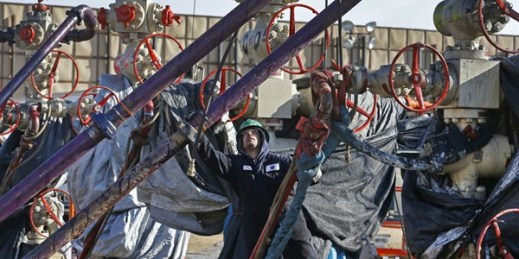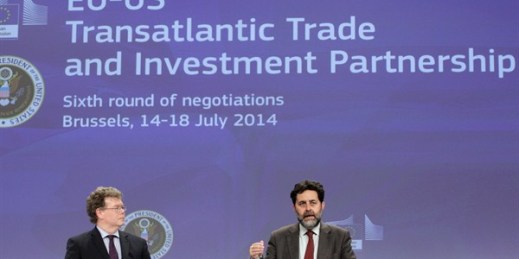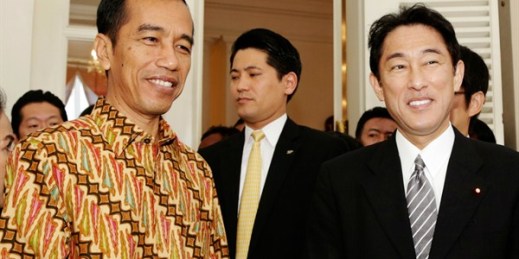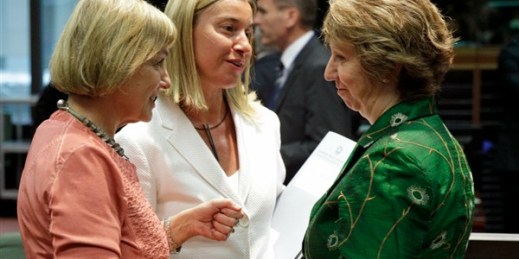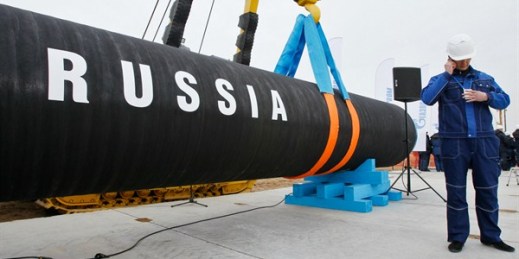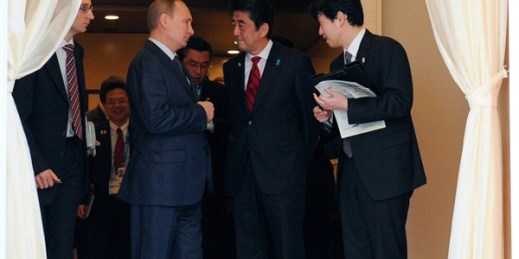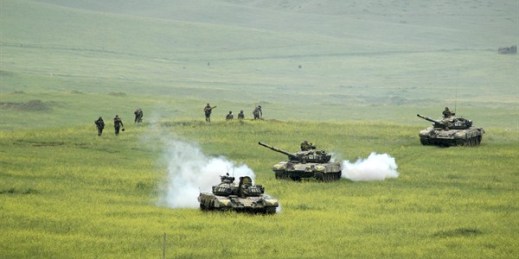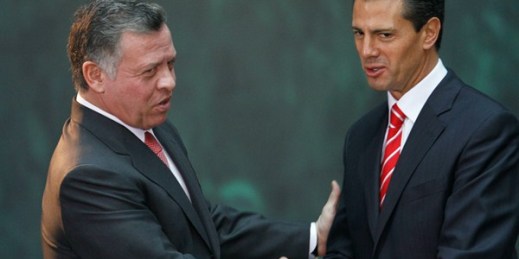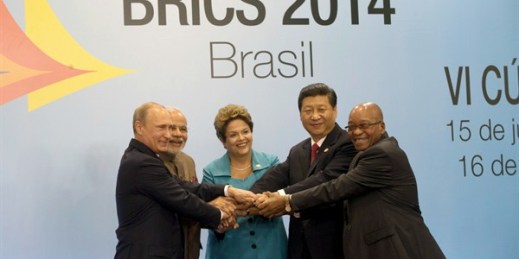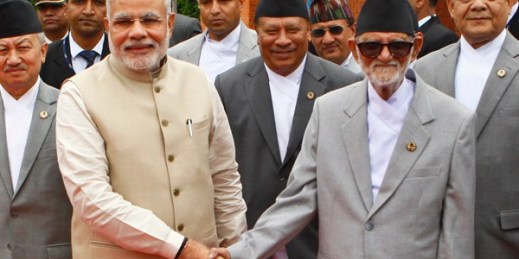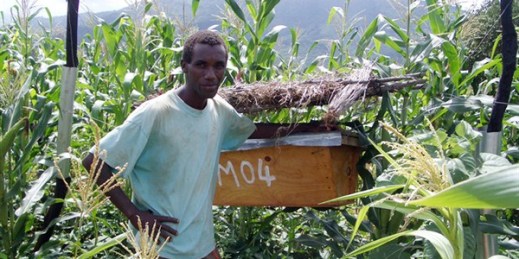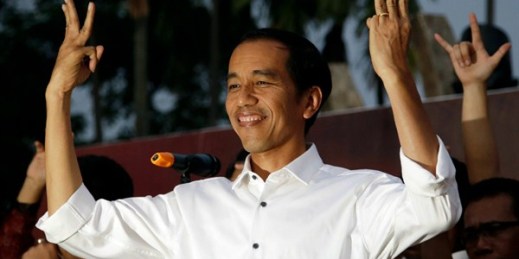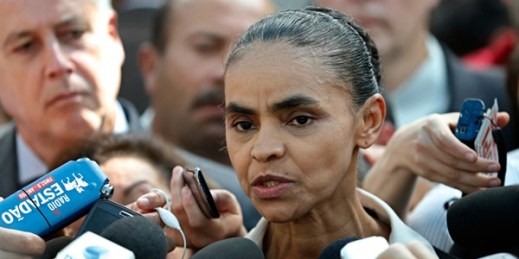
The life story of Brazil’s Marina Silva is so unlikely that she explains key moments as the result of divine intervention. Among the most dramatic and potentially life-changing of all the unlikely turns came last week, when a private plane in which she was supposed to be traveling crashed, killing Socialist Party presidential candidate Eduardo Campos and suddenly turning her into a formidable contender for the presidency of Brazil. Silva, a charismatic environmental activist and former environment minister with an ideology that does not fit neatly into any single current, was Campos’ running mate on the Socialist Party ticket for […]

